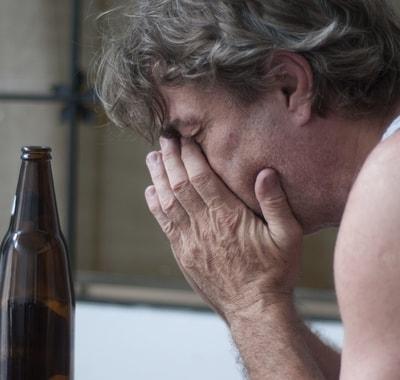What Does Relapse Mean in Drug Use or Alcohol?
Relapse in drug use refers to the return to drug use after a period of abstinence or reduced use. It can be a common part of the recovery process, but it can also be a sign that treatment or support needs to be adjusted. Relapse can be caused by a variety of factors, such as stress, social triggers, or physical withdrawal symptoms. It’s important to remember that relapse is not a failure, but rather an opportunity to learn from the experience and adjust the treatment plan accordingly. Seeking help from a healthcare professional or a support group can be crucial in managing relapse and achieving long-term recovery
Is a slip and relapse the same thing?
Many people in recovery hear the terms slip and relapse, and wonder if they are the same thing. Sometimes slip and relapse are used interchangeably, so it can be confusing. Some addicts see them as the same thing, but really it depends an individuals unique experiences with addiction. However, Most addiction professionals distinguish between slip and relapse by looking at the addict’s intention. A slip is a single unplanned use of alcohol or drugs. Relapse happens when a recovery plan is completely abandoned.
Let’s look at it without the context of drugs and alcohol. Suppose you are trying on a diet. In a moment of weakness, perhaps at a birthday party with your friends, you eat a piece of chocolate cake. It is a spontaneous decision and confined to that one time. You immediately get back on your diet. This is considered a slip. On the other hand, if you then go get a candy bar at the gas station, buy a tub of ice cream at your next shopping trip, and you completely give up your diet, then that is relapse. Clearly a slip can easily turn into relapse, but it does not guarantee it.
What are the circumstances someone might slip when it comes to drugs or alcohol?
Unknowingly consuming drugs or alcohol is one scenario. For example, you are served a vodka tonic when you simply ordered tonic water with lime or ate a pot brownie thinking it was just a brownie. Those are clear accidents. In some circumstances, temptation might be too hard to resists. You are out with work buddies, and you find yourself tempted to use alcohol or drugs “just this once.” Maybe you are in a highly stressful situation, and someone who doesn’t know you are an addict hands you a pills “to calm your nerves.” Knowing your triggers and being honest about your disease will help prevent such slips. But if a slip does occur, it is important you return to your recovery plan immediately.
What do I do if have slipped in my addiction recovery?
Acknowledge the mistake. Reflect on why it happened. Make the decision to remain in recovery. Put in genuine effort to not let it happen again. Talking to your recovery coach, sponsor, therapist, loved ones, or anyone else in your support system will help you move past the slip. This may be hard, especially if you have feelings of remorse and guilt. However, these people want you to succeed, and they will help you avoid slips in the future. Express your feelings and find the resolve to return to sobriety. The danger of a slip, after all, is that it easily can snowball into relapse.
I have slipped a few times, but I don’t think I’m in relapse.
A relapse means you have made a conscious decision to abandon your recovery plan and return to your pre-treatment ways. It is not an isolated incident. There is premeditation. You actually obtain and consume alcohol or drugs. You know the consequences- you have been in recovery. For whatever reasons, you have returned to feeding your addiction. Sometimes when people relapse, they use slips as an excuse. For example, an alcoholic who drank every day might redefine his addiction if he begins to only drink on weekends. He may call these slips, but this patterned behavior is simply not a slip, even if it is only confined to two days out of seven. If you habitually abuse drugs or alcohol, even if it looks different than your prior addictive behavior, you have relapsed. The longer you succumb to your addiction, the harder it will be to return to recovery, but a relapse does not prevent you from choosing sobriety again. Relapse can be prevented, and it doesn’t happen overnight. Please read our article about warning signs of relapse to learn more.
If you slip, do you return to day one?
Some people without hesitation, a slip means you return to day one. This type of attitude motivates some people to not have slips, and remain committed to their sobriety. Others find resetting the clock disheartening, and actually makes it harder for them to stay sober. Be honest with yourself, but choose the approach that best serves your sobriety.
Dr. Charlotte Kasl writes, “A slip does not erase the days of sobriety that preceded it. You can never take away a sober day. Some people think they have to start counting the days and months of sobriety all over if they relapse or have a slip. I think it is important to say the whole truth: ‘I stayed sober for two years, then I had a slip, and I’ve been sober for four years since then.’ It all counts.”
Indeed, it all counts: every day, every decision, every slip or relapse. The important thing is not to allow a slip or even a relapse to undermine your sober future. A mistake is not the end of your journey. It merely informs where you go from there, as you make your way down the road to recovery.
Related Content:



